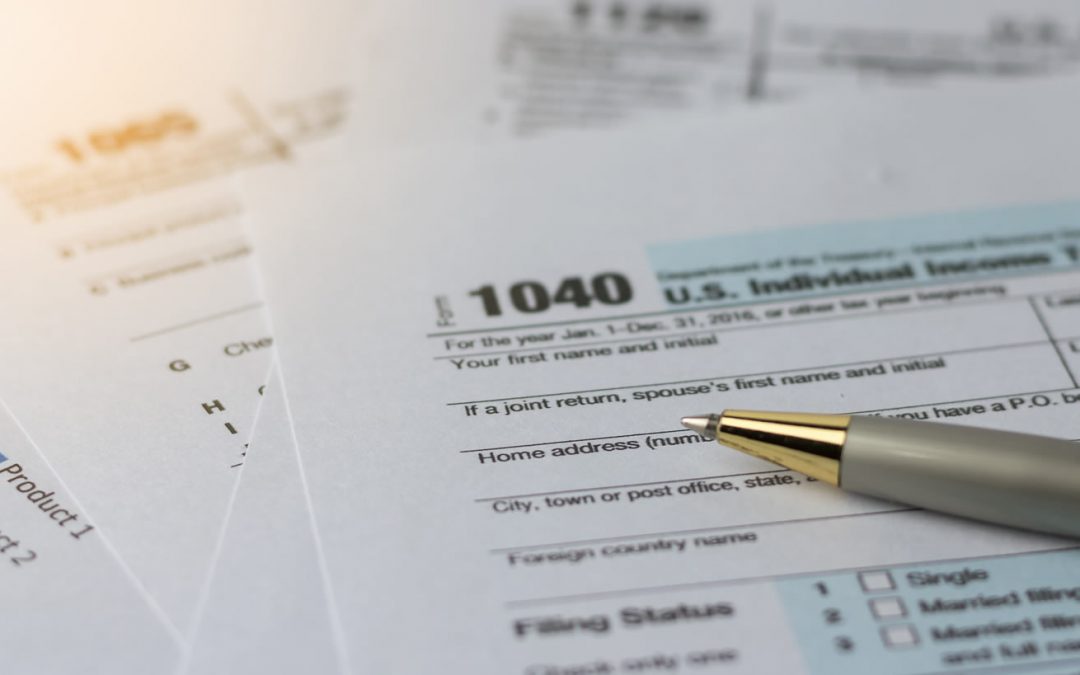If you're looking to sell your home this year, then it may be time to take a closer look at the exclusion rules and cost basis of your home to reduce your taxable gain on the sale of a home. The IRS home sale exclusion rule allows an exclusion of gain up to $250,000 for a single taxpayer or $500,000 for a married couple filing jointly. This exclusion can be used over and over during your lifetime (but not more frequently than every 24 months), as long as you meet certain ownership and use...











